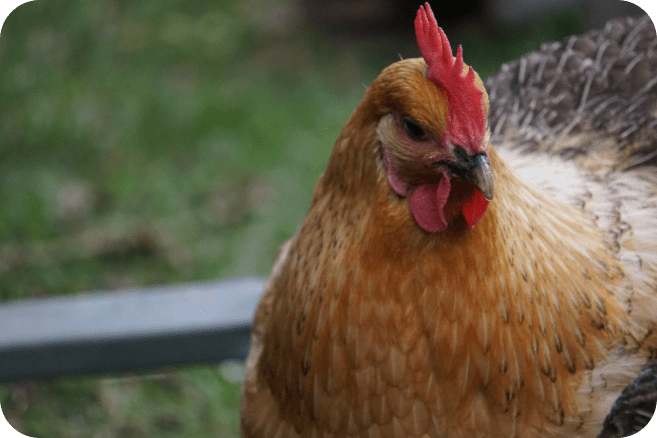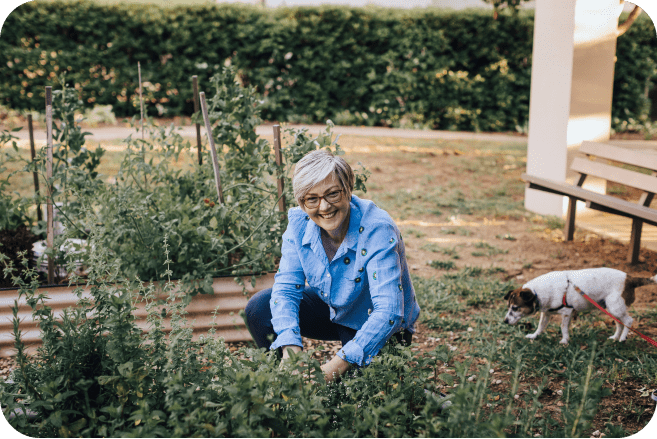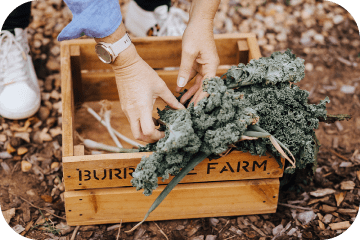
Meet Alison
Alison has always been passionate about the environment. With a background in permaculture design, she believes that sustainable living is within reach for everyone. Alison led the redesign of The Orchard, incorporating sustainable gardening methods suited to the subtropics. Her work promotes biodiversity, encouraging bees, birds, and butterflies to thrive in the garden.
Her mission is to help others reduce their reliance on external resources while creating a lifestyle more in tune with nature. When she’s not tending to the garden, Alison enjoys exploring the local national parks, trying new restaurants, and spending time with friends and family.






